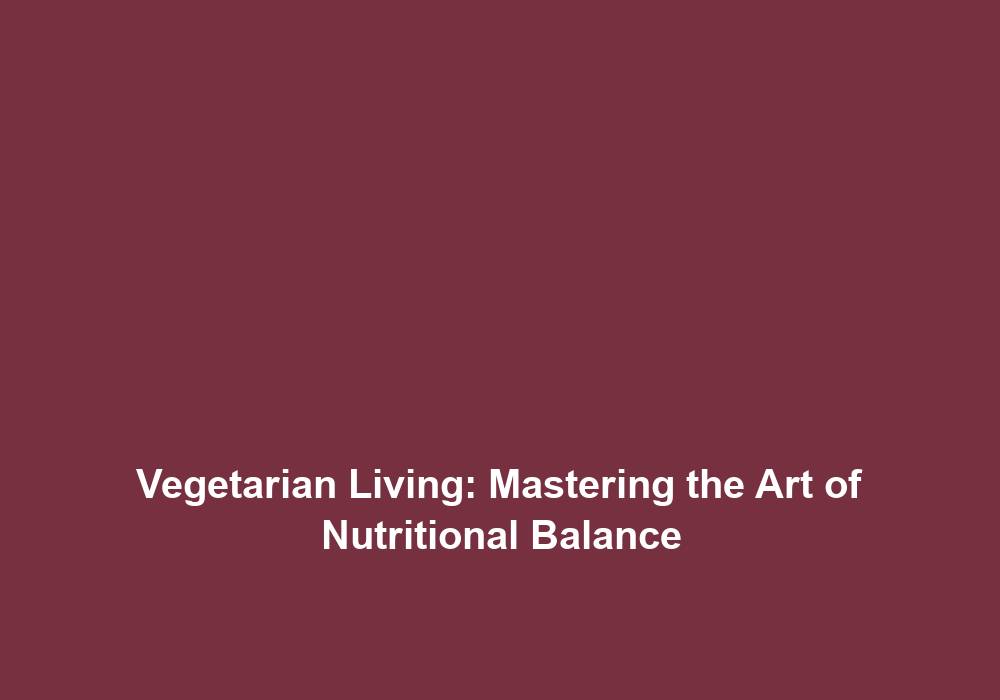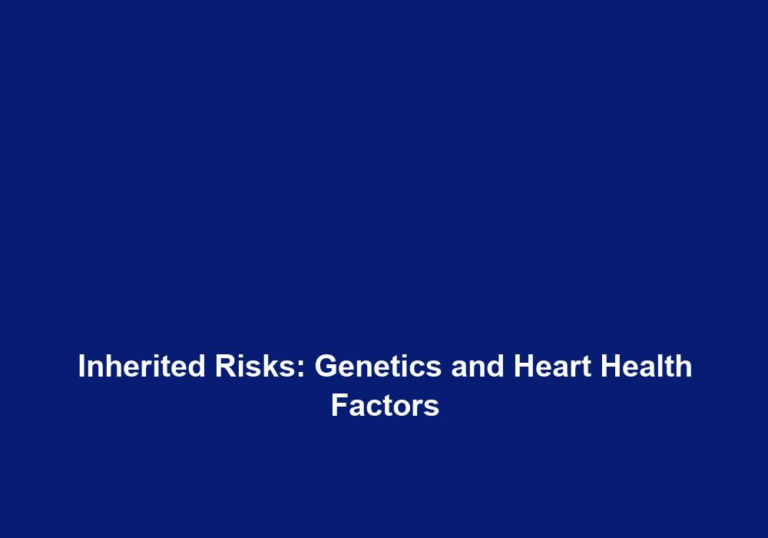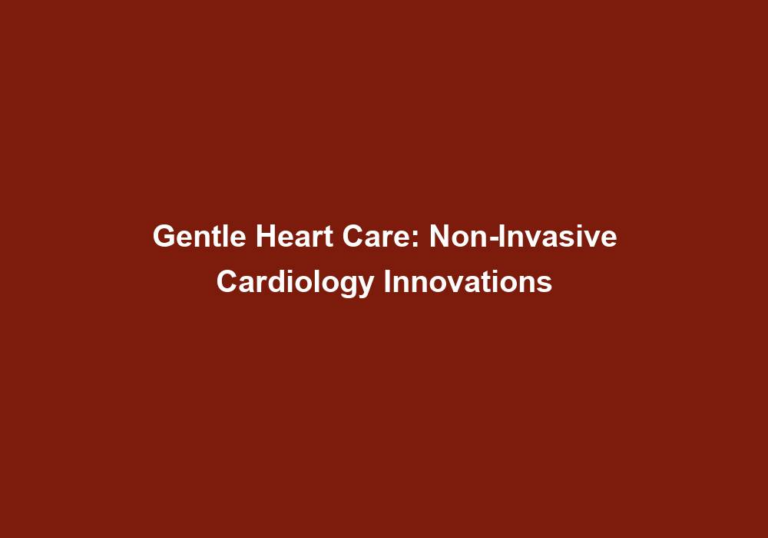Vegetarian Living: Mastering the Art of Nutritional Balance
Living a vegetarian lifestyle can be an incredibly rewarding and beneficial choice for both our health and the environment. However, it is crucial to ensure that our vegetarian diets are nutritionally balanced and provide all the essential nutrients our bodies need to thrive. In this article, we will explore the art of achieving optimal nutritional balance in a vegetarian diet and provide valuable tips for mastering this lifestyle.
Understanding the Basics of Vegetarianism
Before diving into the specifics of nutritional balance, let’s briefly outline the different types of vegetarian diets:
- Lacto-ovo vegetarian: This is the most common type of vegetarian diet, which includes plant-based foods along with dairy products and eggs. By incorporating dairy and eggs into their diet, lacto-ovo vegetarians have access to additional sources of essential nutrients such as protein, calcium, and vitamin B12.
- Lacto-vegetarian: This diet excludes eggs but includes dairy products. Lacto-vegetarians can obtain necessary nutrients like calcium and protein from dairy sources.
- Ovo-vegetarian: On this diet, eggs are included but dairy products are excluded. Ovo-vegetarians rely on eggs as a primary source of protein and other nutrients.
- Vegan: Vegans follow a strict plant-based diet that excludes all animal products, including dairy, eggs, and even honey. As a result, they need to be particularly mindful of their nutrient intake to ensure they are meeting their nutritional needs.
Regardless of the type of vegetarian diet you choose, it is essential to focus on consuming a wide variety of nutrient-dense, whole foods to meet your nutritional needs. This includes incorporating a range of fruits, vegetables, legumes, whole grains, nuts, and seeds into your meals.
Essential Nutrients for Vegetarians
To maintain optimal health, vegetarians should pay close attention to certain nutrients that are commonly found in animal products. By incorporating suitable plant-based alternatives, it is possible to obtain these nutrients without any issues. Let’s explore some key nutrients and their vegetarian sources:
1. Protein
Protein is vital for various bodily functions, including tissue repair and hormone production. Vegetarians can obtain protein from a variety of sources, including:
- Legumes (such as lentils, chickpeas, and beans): These are excellent sources of plant-based protein and also provide fiber, vitamins, and minerals.
- Soy products (tofu, tempeh, and edamame): Soy-based products are complete sources of protein, meaning they contain all the essential amino acids that our bodies need.
- Grains (quinoa, amaranth, and brown rice): Whole grains contribute to protein intake and also provide complex carbohydrates and fiber.
- Nuts and seeds (almonds, chia seeds, and hemp seeds): These are not only sources of protein but also provide healthy fats, vitamins, and minerals.
By combining different plant-based protein sources throughout the day, vegetarians can easily meet their protein requirements. It’s important to note that while plant-based proteins can provide all the essential amino acids, it is still beneficial to vary protein sources to ensure a complete amino acid profile.
2. Iron
Iron is essential for the production of red blood cells and oxygen transport. Vegetarians should focus on consuming the following iron-rich foods:
- Dark leafy greens (spinach, kale, and Swiss chard): These greens are not only rich in iron, but they also contain vitamin C, which aids in iron absorption.
- Legumes (lentils, kidney beans, and chickpeas): These are excellent sources of iron, fiber, and protein.
- Whole grains (quinoa, brown rice, and oats): Whole grains provide a good amount of iron and are also rich in other essential nutrients.
- Fortified cereals and bread: Some cereals and bread are fortified with iron, making them a convenient option for increasing iron intake.
- Nuts and seeds (cashews, pumpkin seeds, and sesame seeds): These can be sprinkled on salads or incorporated into various dishes to add iron to the diet.
To enhance iron absorption, pairing iron-rich foods with a source of Vitamin C, such as citrus fruits or bell peppers, is highly beneficial. On the other hand, it’s important to avoid consuming iron-rich foods with calcium-rich foods, as calcium can inhibit iron absorption.
3. Calcium
Calcium is crucial for maintaining strong bones and teeth. Vegetarians can obtain calcium from various non-dairy sources, including:
- Fortified plant-based milk (soy, almond, and oat milk): These milk alternatives are often fortified with calcium to provide a similar nutrient profile to dairy milk.
- Leafy greens (collard greens, kale, and broccoli): These vegetables are not only rich in calcium but also provide other essential nutrients like vitamins A and C.
- Tofu (made with calcium sulfate): Certain types of tofu are prepared with calcium sulfate, making them a good source of calcium.
- Sesame seeds and tahini: These seeds and their paste form (tahini) are excellent sources of calcium and can be included in various recipes.
Ensuring adequate levels of Vitamin D, either through sunlight exposure or supplements, is important for optimal calcium absorption. Vitamin D helps the body absorb and utilize calcium effectively.
4. Vitamin B12
Vitamin B12 plays a crucial role in nerve function and red blood cell production. As this vitamin is primarily found in animal products, vegetarians should consider fortified foods or supplements to meet their B12 requirements. Some plant-based milk alternatives, breakfast cereals, and nutritional yeast are fortified with B12, making them suitable options for vegetarians.
5. Omega-3 Fatty Acids
Omega-3 fatty acids are essential for heart health and brain function. Vegetarians can obtain these beneficial fats from:
- Chia seeds and flaxseeds: These seeds are rich in alpha-linolenic acid (ALA), which is a type of omega-3 fatty acid.
- Walnuts and almonds: These nuts provide ALA and other important nutrients.
- Seaweed and algae-based supplements: Certain types of seaweed and algae supplements contain docosahexaenoic acid (DHA), which is a type of omega-3 fatty acid that is typically found in fish.
Including sources of omega-3 fatty acids in your daily diet can help maintain a healthy balance of these essential fats. It’s important to note that the conversion of ALA to DHA and eicosapentaenoic acid (EPA) in the body is limited, so considering algae-based supplements can ensure adequate intake of these specific omega-3 fatty acids.
Meal Planning for Nutritional Balance
To ensure a nutritionally balanced vegetarian diet, it is essential to plan meals carefully. Here are some tips to help you master the art of meal planning:
- Focus on whole foods: Incorporate a variety of fruits, vegetables, legumes, whole grains, nuts, and seeds into your meals for a wide range of essential nutrients. These foods provide fiber, vitamins, minerals, and antioxidants that support overall health.
- Experiment with spices and herbs: Enhance the flavor of your dishes by using spices and herbs instead of relying on added salt or unhealthy fats. This not only adds taste but also provides additional health benefits as many spices and herbs have antioxidant and anti-inflammatory properties.
- Add diversity to your plate: Aim to include a rainbow of colors in each meal, as different colored fruits and vegetables offer unique health benefits. Different colors indicate different phytochemicals, which are compounds that have potential health-promoting effects.
- Include sources of healthy fats: Avocado, olive oil, and nuts are excellent sources of healthy fats that provide essential nutrients and promote satiety. These fats are important for the absorption of fat-soluble vitamins and help keep you feeling full and satisfied after meals.
- Plan your protein sources: Ensure that every meal contains a good source of protein, such as legumes, tofu, or tempeh, to meet your daily requirements. Protein is essential for muscle growth and repair, hormone production, and immune function.
- Snack smartly: Choose nutritious snacks such as fresh fruits, veggies with hummus, or homemade trail mix to avoid relying on processed snacks that lack nutrients. These snacks provide fiber, vitamins, minerals, and antioxidants, and can help you maintain energy levels throughout the day.
Seeking Professional Guidance
If you are new to vegetarianism or have specific dietary concerns, consulting with a registered dietitian who specializes in vegetarian nutrition can provide valuable guidance. They can assess your nutritional needs, suggest personalized meal plans, and ensure you are meeting all your dietary requirements. A dietitian can also help address any nutrient deficiencies and provide recommendations for supplements if necessary.
Conclusion
Mastering the art of nutritional balance in a vegetarian diet is achievable with proper planning and knowledge. By understanding the essential nutrients and incorporating a diverse range of plant-based foods, you can optimize your health and thrive on a vegetarian lifestyle. Remember, balance and variety are the keys to success, so embrace the vast array of vegetarian options available to you and enjoy the journey towards a healthier, more sustainable way of living.
Note: This article is provided in markdown format as requested.







